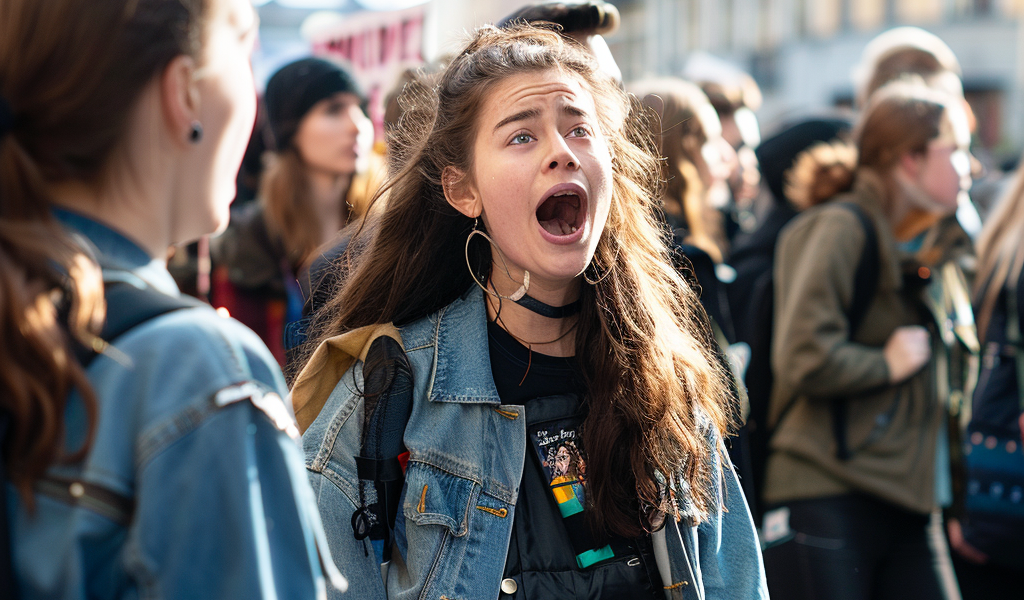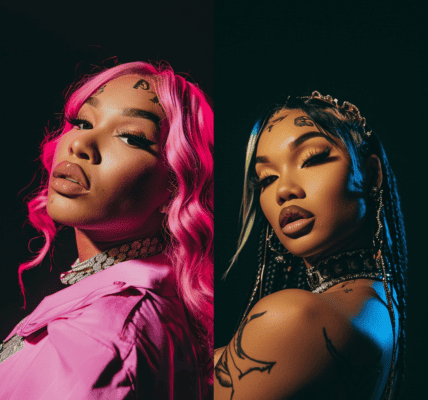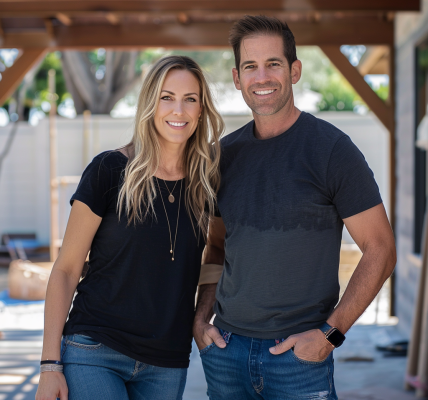The Eurovision Song Contest in Sweden is under scrutiny as controversy surrounds performers making political statements ahead of the highly anticipated event. Security measures are being heightened in Malmo, Sweden, as protests related to the Israel-Hamas conflict are expected to coincide with Eurovision’s second semi-final and the main event.
One of the key points of contention involves Bambie Thug, the Irish contestant, who criticized organizers for requesting the alteration of a pro-Palestinian message before their performance in the first semi-final. This incident has raised questions about the event’s political neutrality.
Furthermore, the European Broadcasting Union (EBU) expressed ‘regret’ over former Swedish contestant Eric Saade’s choice to wear a keffiyeh, a symbol of support, during his performance. Despite not competing this year, Saade’s actions have stirred debate about the event’s stance on political statements.
Eurovision, known for promoting itself as a non-political affair, has faced pressure to boycott Israel, which has led to increased tensions. Israeli contestant Eden Golan is set to perform her song ‘Hurricane’ in the upcoming semi-final, with high expectations for her chances of winning the competition.
The host city of Malmo is bracing for an influx of approximately 100,000 Eurovision fans, alongside anticipated demonstrations by pro-Palestinian activists. Ireland’s Bambie Thug, after securing a spot in the final with the song ‘Doomsday Blue,’ revealed that they were compelled to alter a message written on their body before the performance.
The alteration, from ‘ceasefire and freedom’ in Ogham script to ‘crown the witch,’ was reportedly mandated by the EBU to comply with contest regulations prohibiting political displays. Bambie Thug expressed disappointment over the change, emphasizing their support for justice and peace.
Amidst these developments, the Eurovision Song Contest continues to navigate the delicate balance between artistic expression and political sensitivities, as the spotlight remains on the intersection of music and activism.





